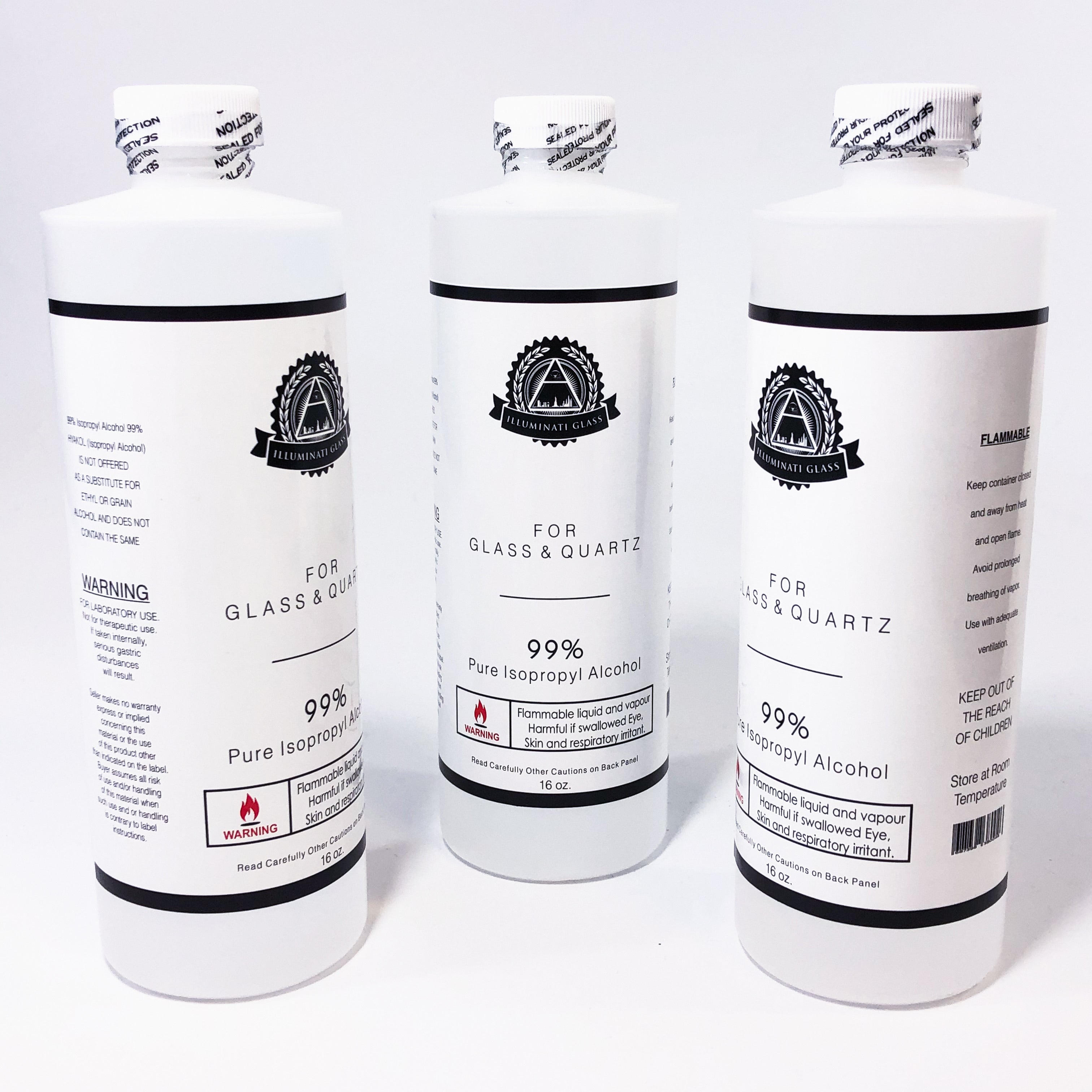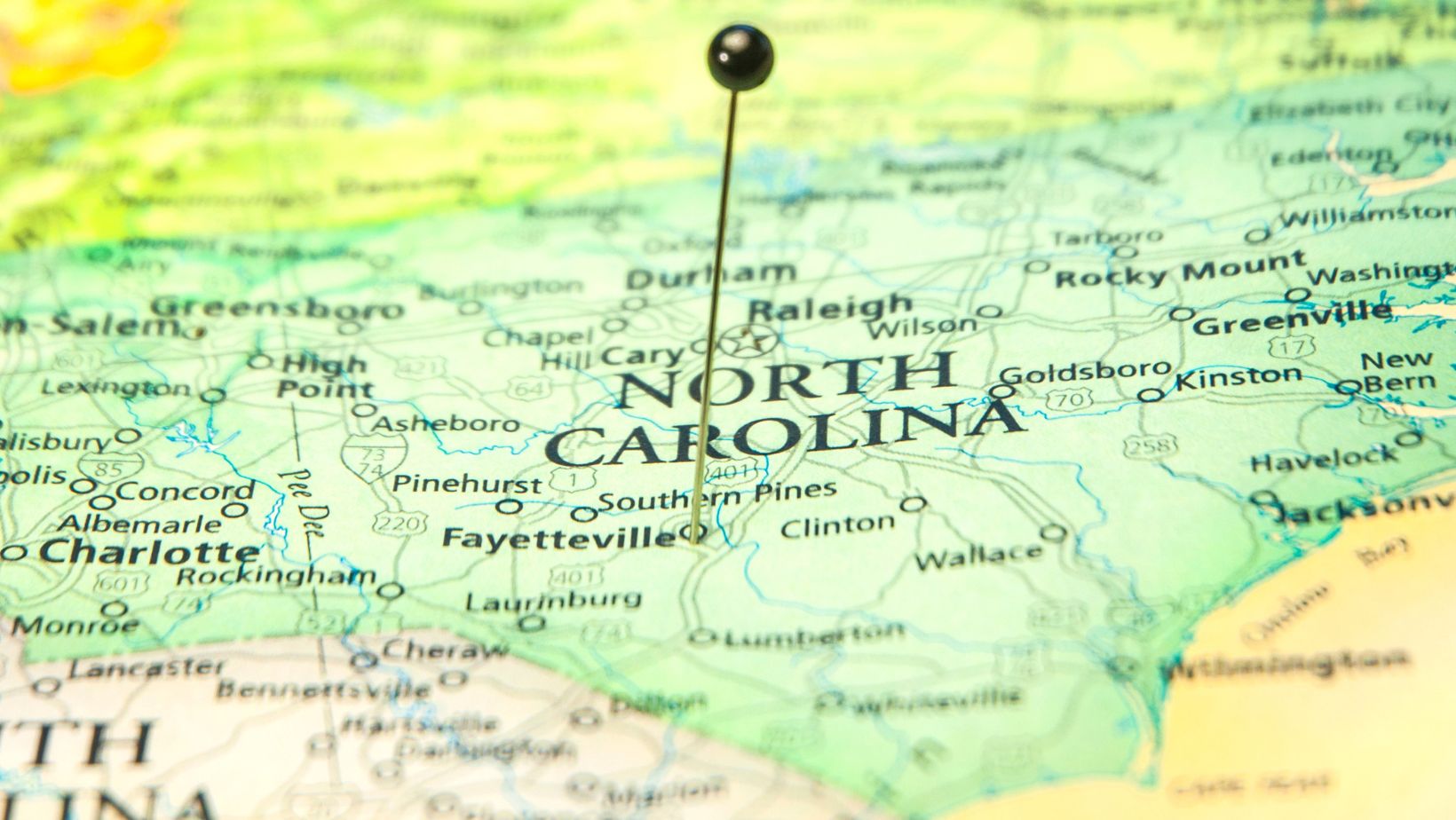Comparing Delta 9 vs. Delta 8 in North Carolina: Legal Insights
In North Carolina, the legality of delta 8 vs delta 9 hinges on both federal and state laws. While delta 9 is most often associated with marijuana, it can also be derived from hemp, making it federally legal under the Agriculture Improvement Act of 2018 (Farm Bill).
This federal legislation distinguishes hemp from marijuana by defining hemp as any cannabis plant containing no more than 0.3% delta 9 THC on a dry-weight basis.
Delta 9 vs. Delta 8 THC in North Carolina
-
Delta 9 THC: The main psychoactive compound in cannabis, delta 9 THC is known for its potent effects. Marijuana-derived delta 9 remains illegal in North Carolina, but hemp-derived delta 9 is legal if it contains no more than 0.3% THC.
-
Delta 8 THC: A naturally occurring cannabinoid found in hemp and marijuana, delta 8 is often synthesized from CBD. It has milder psychoactive effects than delta 9 but still provides a noticeable buzz. Delta 8 is legal in North Carolina if derived from hemp and containing no more than 0.3% delta 9 THC.
Key Differences Between Delta 9 vs. Delta 8 in North Carolina:
-
Psychoactive Effects: Delta 9 provides stronger effects than delta 8.
-
Legality: Both are legal if derived from hemp and compliant with the 0.3% THC limit.
-
Potency: Delta 9 is more potent than delta 8.
-
Market Availability: Delta 8 is more widely available due to fewer restrictions.
-
Medical Use: Delta 9 is strictly regulated for medical purposes.
Comparison Table:
| Aspect |
Delta 9 THC |
Delta 8 THC |
| Legality (Federal) |
Legal (if ≤0.3% THC) |
Legal (if derived from hemp) |
| Legality (State) |
Legal in NC (if ≤0.3% THC) |
Legal in NC (if derived from hemp) |
| Psychoactive Effects |
Strong |
Milder |
| Potency |
Higher |
Lower |
| Source |
Hemp & Marijuana |
Hemp |
| Medical Use |
Strictly Regulated |
More Accessible |
| Market Availability |
Less Common |
More Common |
Key Considerations Before Buying Delta 9 in NC
Even though delta 9 THC derived from hemp is legal in North Carolina, there are important factors to keep in mind when purchasing products.
Not all delta 9 products are created equal, so understanding what to look for can help ensure a safe and positive experience. Here are some top considerations:
- Verify third-party lab results.
- Choose organic hemp products.
- Buy from reputable brands with positive reviews.
- Opt for CO2 or ethanol extraction methods.
- Select a product type that suits your needs.
- Ensure state compliance with North Carolina regulations.
- Check clear labeling with accurate THC content.
Delta 9 Legality in North Carolina vs Other States
The legal status of Delta 9 THC varies significantly across the United States, heavily influenced by whether the Delta 9 is derived from hemp or marijuana.
In North Carolina, Delta 9 THC derived from hemp with a THC concentration of no more than 0.3% is legal, aligning with federal law as established by the 2018 Farm Bill.
However, marijuana and its derivatives remain illegal, with possession potentially resulting in misdemeanor or felony charges.
Other states have approached the legality of Delta 9 THC in various ways, ranging from full legalization to strict prohibition.
Here’s a look at how the legality of Delta 9 compares in North Carolina to other states:
-
California: Both hemp-derived and marijuana-derived Delta 9 are fully legal for recreational and medical use.
-
Colorado: Like California, Colorado has legalized Delta 9 from both hemp and marijuana for recreational and medical purposes.
-
Texas: Only hemp-derived Delta 9 with up to 0.3% THC is legal. Marijuana-derived Delta 9 remains illegal for recreational use and is tightly controlled even for medical purposes.
-
Florida: Allows the use of hemp-derived Delta 9 under federal guidelines and has a robust medical marijuana program but does not permit recreational marijuana.
-
New York: Has legalized recreational use of marijuana, making Delta 9 from both hemp and marijuana legal.
-
Ohio: Hemp-derived Delta 9 is legal under federal guidelines, but recreational marijuana remains illegal, though medical marijuana is permitted.
-
Virginia: Hemp-derived Delta 9 is legal, medical marijuana is permitted, and as of recent legislation, small amounts of marijuana for recreational use have been legalized.
Comparison Table:
| State |
Hemp-Derived Delta 9 (≤0.3% THC) |
Medical Marijuana |
Recreational Marijuana |
| North Carolina |
Legal |
Illegal |
Illegal |
| California |
Legal |
Legal |
Legal |
| Colorado |
Legal |
Legal |
Legal |
| Texas |
Legal |
Restricted |
Illegal |
| Florida |
Legal |
Legal |
Illegal |
| New York |
Legal |
Legal |
Legal |
| Ohio |
Legal |
Legal |
Illegal |
| Virginia |
Legal |
Legal |
Legal
|
NC - North Carolina Medical Cannabis vs. Hemp-Derived Delta 9
In North Carolina, there's a distinct legal distinction between medical cannabis and hemp-derived Delta 9. While the state has taken steps toward establishing a medical cannabis program with the introduction of Senate Bill 711, known as the North Carolina Compassionate Care Act, this program is still in its nascent stages and has not yet been fully implemented.

This bill aims to provide medical cannabis to patients with severe medical conditions under strict regulations. However, as of now, North Carolina does not have an operational medical marijuana program, and the use of marijuana-derived Delta 9 remains illegal.
On the other hand, hemp-derived Delta 9 products containing no more than 0.3% THC are legal in North Carolina, in line with federal law. These products are accessible to the general public without the need for a medical prescription, offering a legal alternative for those seeking the benefits of cannabis.
Where to Buy Delta 9 in NC?
In North Carolina, consumers can legally purchase hemp-derived Delta 9 products from a variety of sources:
-
Specialized CBD Shops: These retailers are prevalent across the state and offer a range of hemp-derived products, including Delta 9.
-
Online Retailers: Many reputable online stores sell hemp-derived Delta 9 products and can ship directly to consumers in North Carolina, providing a convenient option for purchasing.
-
Health and Wellness Stores: Some health food stores and wellness shops carry hemp-derived products, including Delta 9 THC.
-
Vape Shops: Certain vape and smoke shops may stock legal hemp-derived Delta 9 products as part of their inventory.
Final Thoughts
As the legal landscape for cannabis continues to evolve, North Carolina residents have a unique position. While the state explores the medical cannabis frontier with potential future programs, individuals currently have legal access to hemp-derived Delta 9 products.
This provides a valuable legal outlet for those looking to explore the benefits of cannabis without running afoul of the law. As legislation develops, it will be important for residents to stay informed and engaged with the changes to ensure they remain compliant with state laws.
FAQs
What are the legal age requirements to purchase Delta 9 in North Carolina?
In North Carolina, individuals must be at least 18 years old to legally purchase hemp-derived Delta 9 products. However, most retailers require customers to be 21 years of age, aligning with alcohol and tobacco sales age requirements.
Are there any possession limits for Delta 9 products in North Carolina?
Yes, while hemp-derived Delta 9 products are legal, they must contain no more than 0.3% THC by weight. There are no specific state-imposed limits on the amount you can possess, as long as it complies with the THC concentration requirements.
How can I verify the quality of Delta 9 products I purchase?
To verify the quality of Delta 9 products, always purchase from reputable vendors that offer third-party lab testing results. These results should confirm the THC content and verify that the product is free from contaminants like pesticides and heavy metals.
What should I look for in a reputable Delta 9 vendor in North Carolina?
A reputable Delta 9 vendor should provide transparency about product sourcing, manufacturing processes, and third-party lab test results. Look for vendors that are knowledgeable and provide clear information about their products' THC content and hemp origin.
Can I use Delta 9 products in public places in North Carolina?
The use of Delta 9 products in public can vary by local jurisdiction, but it is generally advised to consume these products privately. Public consumption can lead to legal issues, especially if it causes a disturbance or if the product is mistaken for marijuana.
Are there any restrictions on the types of Delta 9 products available in North Carolina?
In North Carolina, Delta 9 products derived from hemp must contain no more than 0.3% THC. There are no restrictions on the types of products available, which can include tinctures, edibles, topicals, and more, as long as they adhere to this THC limit.
What are the penalties for possessing illegal marijuana-derived Delta 9 in North Carolina?
Possession of illegal marijuana-derived Delta 9 THC can result in significant legal consequences in North Carolina. Possession of small amounts is typically considered a misdemeanor, which can lead to fines and jail time. Larger amounts or distribution charges can result in felony charges, with more severe penalties including longer jail terms and larger fines.
















